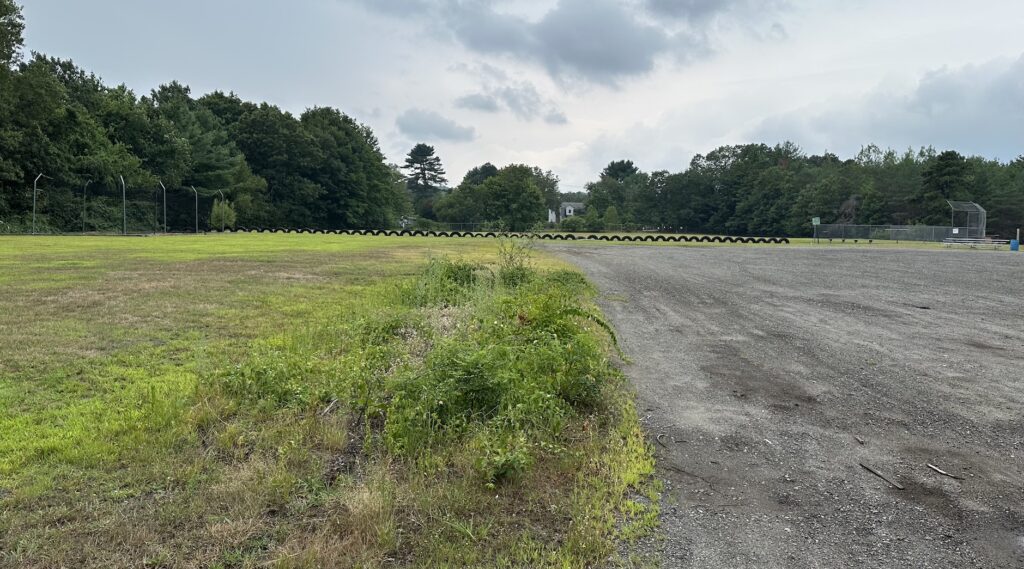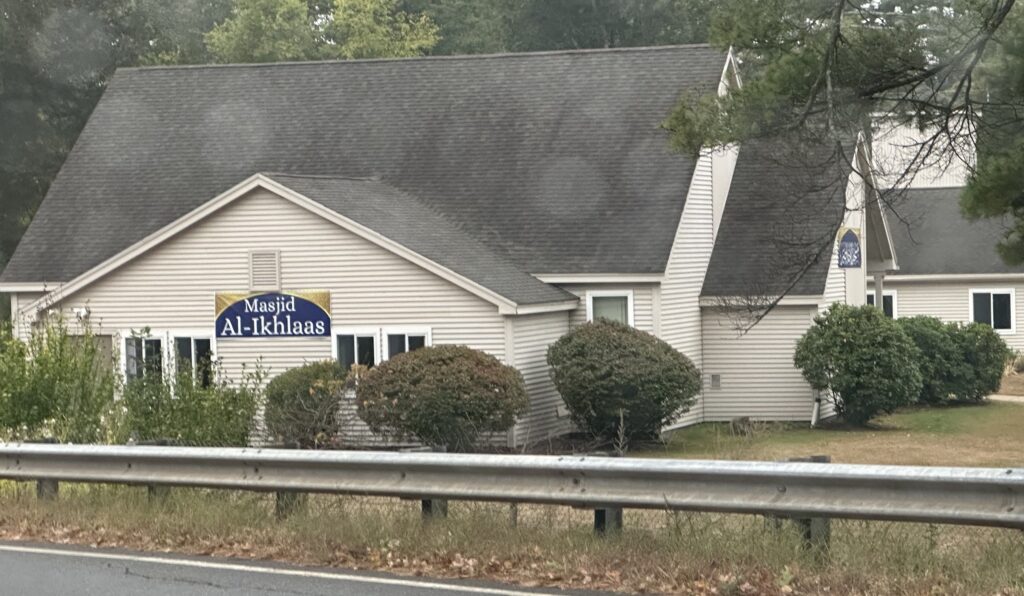The Select Board on Tuesday night voted unanimously to recommend funding for the proposed adaptive playground at Marathon School for the May 5 Annual Town Meeting.
Town Manager Elaine Lazarus previously explained that Town Hall’s belt tightening, combined with more state funding than expected, placed the town in a better financial position than previously forecast. This allowed the Capital Improvement Committee a chance to review projects it earlier denied to recommend for funding.
The CIC on Monday voted to recommend 18 of the 19 proposed capital projects, as well as seven capital projects related to Water and Sewer Department needs. Among the approved projects were the Fruit Street water treatment facility screen system, sewer main replacement design, the water main flushing program and Water Department vehicle replacement.
The adaptive playground was the major capital project not recommended by the CIC for funding.
In a follow-up email to the Independent on April 9, CIC chair Matthew Kisner clarified that two requests from the Department of Public Works also did not receive CIC endorsement. They were not discussed at the Select Board meeting because the CIC did not recommend approval.
“The committee declined to endorse the roadway updates and pavement management plan proposed by the DPW,” Kisner stated. “These represent an additional $650,000 in unsupported requests and more appropriately contextualizes that the committee chose not to endorse multiple items.”
The Select Board voted unanimously to recommend the 18 CIC approved projects as well as the seven Water and Sewer projects before discussing the adaptive playground.
Board members noted there has been public demand for the adaptive playground for a few years. The Community Preservation Committee previously voted to allocate $300,000 toward the $1.2 million project if the article passes at ATM.
Member Amy Ritterbusch recommended approval of the funding, noting that there is free cash available to use. Member Joe Clark also indicated his support.
“This has been direly needed for a long time,” agreed member Shahidul Mannan. He said it would provide “equity among the children” by allowing them to play together as well as benefit the town as a whole.
He added that the latest iteration of the Charleswood School’s proposal includes some adaptive playground elements, which would promote “a consistent strategy.”
Member Mary Jo LaFreniere initially wavered on supporting the adaptive playground. She noted that residents have reached out to her saying that the land behind the former Center School or other sites may be better locations.
The committee that researched the options for the adaptive playground previously determined that the Marathon School would be the best site out of more than 100 considered properties because the land is flat and better for accessibility.
Lazarus said she supported it because of the availability of free cash for it and because “the town feels strongly about it.”
The board also voted unanimously to recommend approval for the projects that the CPC has recommended to support with funding.
Article on PFAS education for private wells removed
After some discussion, board members agreed to remove an article from the warrant on the education of homeowners with private wells on PFAS. While it was meant to be a vehicle for public awareness, concerns were raised about potential liability.
Assistant Town Manager Lance DelPriore had pared down the language from its original draft. But because of the complexity of the PFAS issue in town, Clark recommended prioritizing a partnership with the Health Department on PFAS education instead. He and Ritterbusch stressed the successful presentation given last year by Health Director Shaun McAuliffe at the Senior Center on PFAS.
Economic Development Advisory Board approved
The board also voted unanimously in favor of creating an Economic Development Advisory Board (EDAB).
This decision was made in lieu of a previously proposed Town Meeting article, explained chair Brian Herr. It would allow the Select Board more flexibility in guiding the fledgling advisory board. A Town Meeting vote would have meant that if tweaks needed to be made, they would have to be postponed until a future Town Meeting for a vote.
Mannan, who originally proposed the concept, was pleased to see it move forward. With the Main Street Corridor Project nearly complete, he hoped more businesses would find Hopkinton attractive.
“I think this is a great time,” he said. “This will certainly help us focus and build strategy and a path forward for additional revenue and build more vibrancy in our town.”
Mannan noted that the EDAB would be able to advise town officials about the potential creation of an economic development office. In addition, a warrant article proposes that the money generated from the meals tax be allocated for “economic development purposes.”
Added Mannan: “It’s all coming together.”
Members expressed their support for the EDAB. Lazarus explained that this independent advisory board would include five at-large members, a representative from the Hopkinton Chamber of Commerce and a representative from the Planning Board or its designee. It would recommend economic development strategies and initiatives to the Select Board and collaborate with town staff. It also would perform public outreach and collect data.
No proposed ballot questions
Lazarus informed the board that there were no ballot questions for the upcoming Annual Town Election because there was no proposed borrowing this year.
In past years, there have been ballot questions approved by Town Meeting for debt exclusions for school projects.
“I congratulate the town of Hopkinton and its leadership in all departments and all levels for that situation,” said Herr, adding it is “great news.”
Process for changing speed limits reviewed
The board discussed the mechanism for changing speed limits in town and agreed to wait until the Charleswood School is constructed before moving forward with discussion on potential changes.
Lazarus said the process, which is controlled by the state’s Department of Transportation (MassDOT), would involve a speed study. She noted that the speed study is expensive, with an estimate of $18,000 given last year. The speed limit actually could be raised because MassDOT bases the speed limit on the 85th percentile of speeds recorded during the speed study.
The Charleswood School, once completed, will change traffic patterns, she added.
Ritterbusch asked about the process for creating a safety zone, given the proximity of the schools and a park. Lazarus said data would need to be collected after the Charleswood School is built before moving forward with that process.
DelPriore, who is a registered professional engineer, said lowering the speed limit “could kind of have unintended consequences on other levels of service within the roadway.”
Herr added that the state process is “cumbersome.” In the past, it “kind of put the brakes on what a lot of people hoped would happen.”





















0 Comments